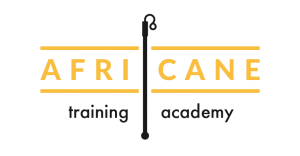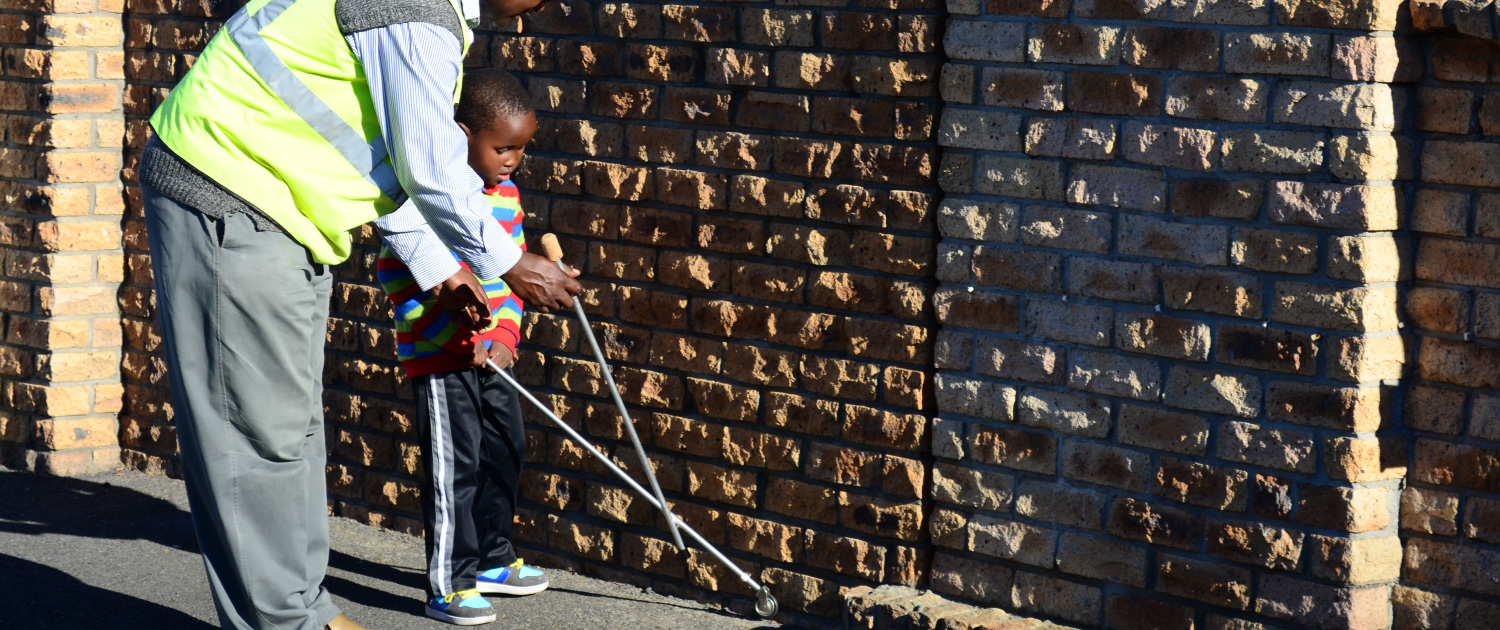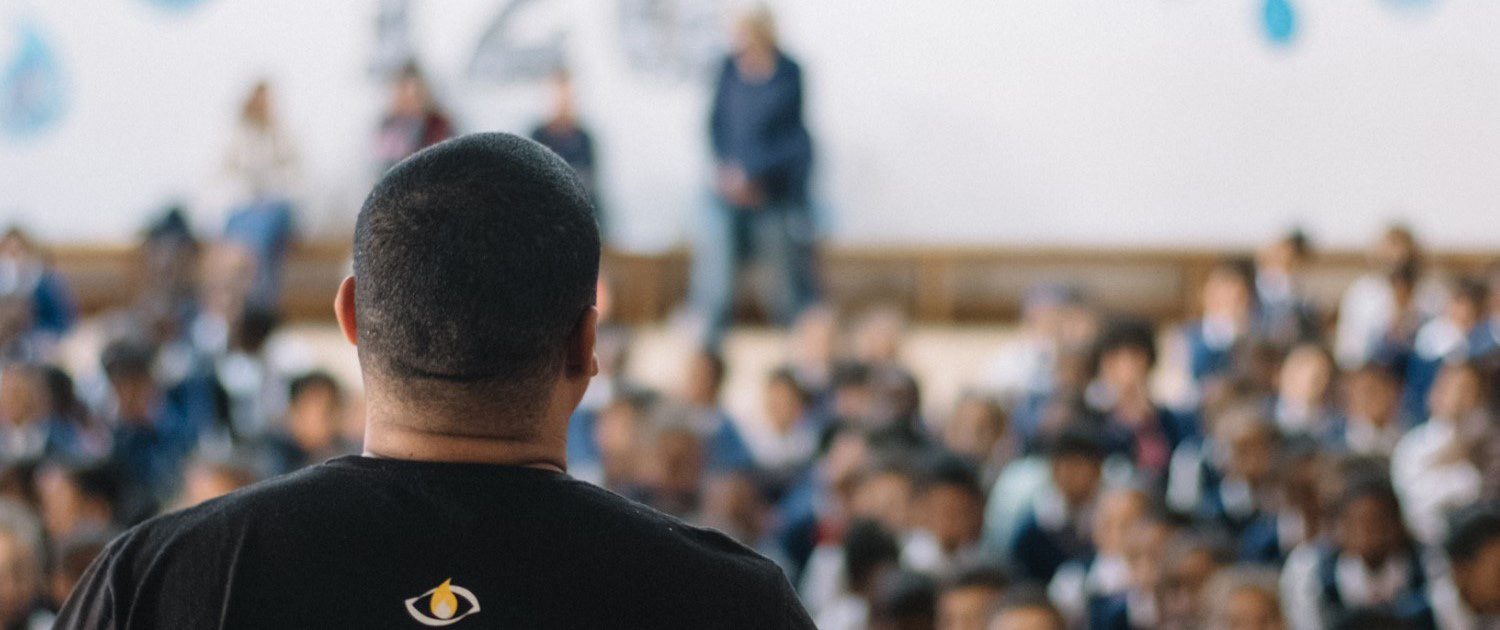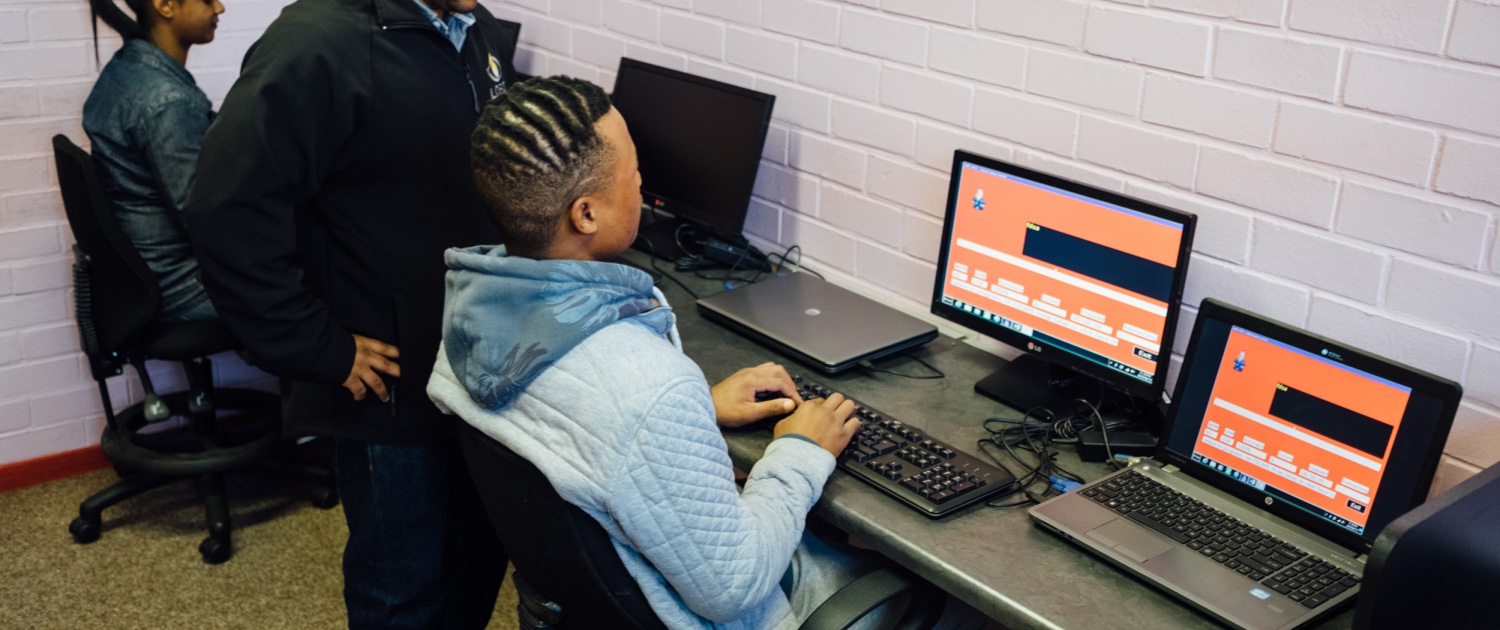About Africane
According to the World Health Organisation (WHO), 1,4 million South Africans are blind or visually impaired. Approximately 80 percent of this population live in rural areas with limited to no access to specialized education and employment services, and the number of trained Orientation & Mobility Professionals in South Africa is not large enough to meet the need.
In this context, the League of the Friends of the Blind (LOFOB) has expanded its services to include Africane, a training programme that serves this population by ensuring access to education and rehabilitation as well as increasing the capacity of professionals interested in pursuing a career in the field of blindness and visual impairment. This works to support the UN’s Sustainable Development Goals for Education and Decent Work.




